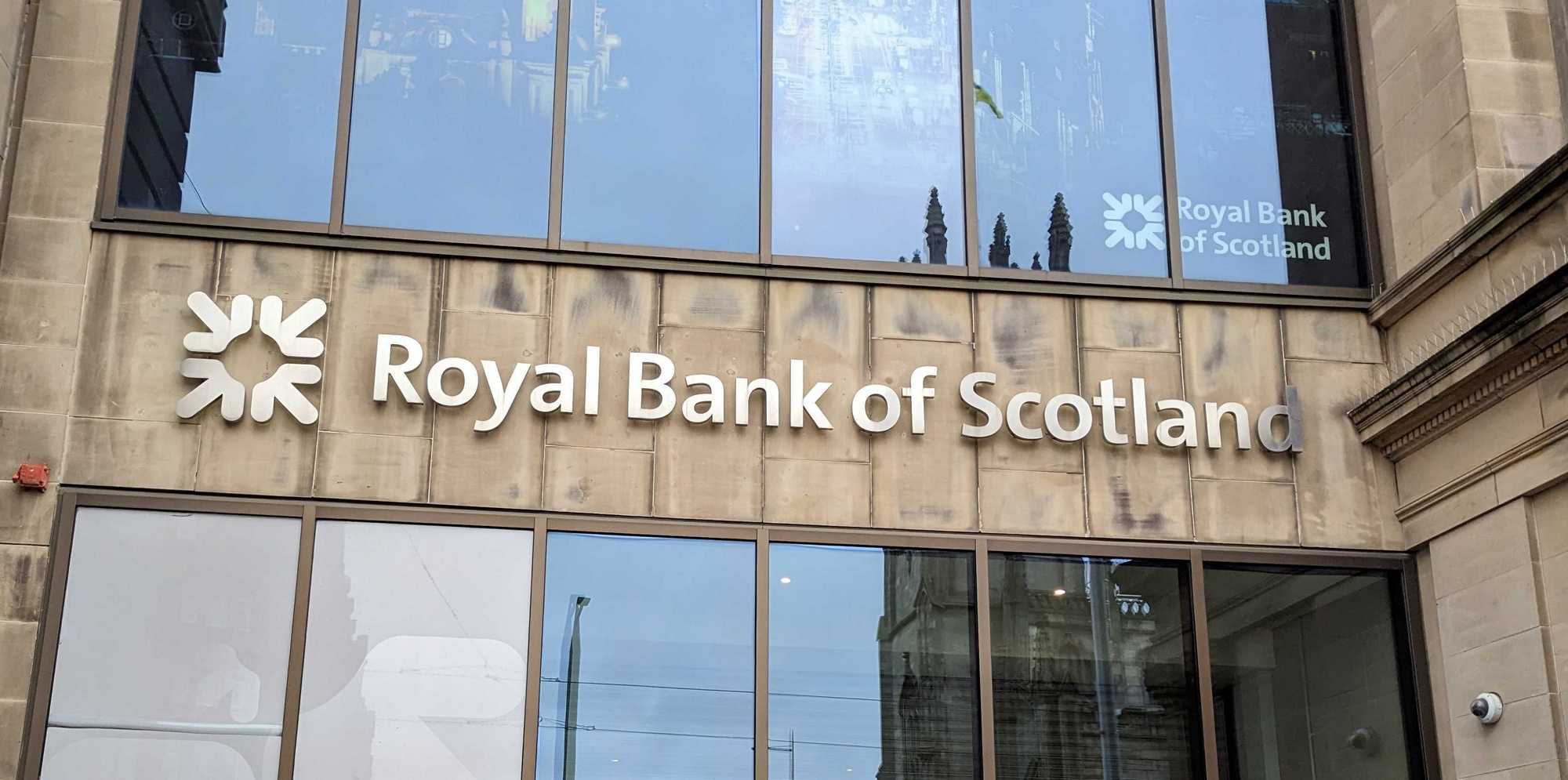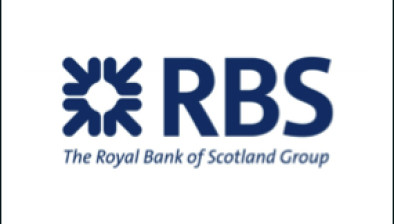Scottish private sector sees modest contraction but holds optimism for 2024

The latest Royal Bank of Scotland PMI has revealed a further decline in the Scottish private sector at the close of 2023.
Despite this, the Output Index indicates a slowdown in the downturn, reaching 49.4 in December, up from 47.1 in November, signalling the slowest pace of contraction in the past four months The most recent decline was centred on the manufacturing sector, while services firms reported a fresh, albeit marginal, rise in activity.
Moreover, companies raised their staff intakes, with employment rising for the eleventh consecutive month in December. Successful replacement of leavers and expectations of growth allowed firms to increase their hiring activity. Moreover, the rate of job creation across Scotland was the strongest of all the 12 monitored UK regions and nations.
The year ended with another monthly contraction in new business across Scotland, with new orders falling continuously since July. However, the downturn eased and was centred on the manufacturing sector, with respondents citing deteriorating market conditions and higher prices deterring customers. In contrast, a fresh rise in new work was noted at services providers.
In contrast to Scotland, new business rose across the UK as a whole for the first time in six months.
Expectations strengthened in December, with private sector companies across Scotland anticipating a rise in output in 2024. The degree of confidence was the strongest in seven months and broadly in line with the historical average since 2012. Optimism largely stemmed from hopes that improvements in markets, as well as increased advertising, new contracts and products would bolster growth in activity.
That said, the level of positive sentiment across Scotland was again weaker than the UK-wide average.
December data revealed a rise in employment across Scotland, thereby stretching the current run of growth to 11 months. Scottish businesses were keen to fill vacant positions and replace leavers. Moreover, hopes of improved demand conditions encouraged some firms to raise their current staffing levels.
Though the rate of increase eased slightly from November and was modest overall, it was the strongest of all 12 UK nations and regions. London and Northern Ireland were the only other UK areas to record higher employment in December.
Reduced levels of work and sustained growth in employment meant that outstanding business declined for an eighth consecutive month across Scotland’s private sector in December. The downturn was the most marked since January 2023 and sharp overall. Some firms also noted that improved availability of materials helped companies to work through backlogs.

Judith Cruickshank
The rate of depletion across Scotland outpaced the UK-wide average.
Average cost burdens faced by private sector companies in Scotland rose sharply in December. Surveyed businesses often attributed this to higher labour, shipping and fuel costs. That said, the rate of input price inflation eased to the slowest since February 2021, with both monitored sectors recording softer rates of inflation than in November.
Cost burdens also rose at the UK level, and at a quicker pace than in Scotland.
Adjusted for seasonal variance, the Output Prices Index registered above the neutral 50.0 threshold in December to indicate an increase in selling prices. The rate of growth ticked up to a three-month high and was historically strong. Firms attributed higher charges to rising cost burdens, with some firms also looking to increase their margins.
Charges levied by firms across Scotland rose at a broadly similar rate to that seen for the UK as a whole.
Judith Cruickshank, chair, Scotland Board, Royal Bank of Scotland, said: “Firms in Scotland recorded a contraction in private sector output during December, with the manufacturing sector weighing heavily on overall performance.
“However, the latest downturn was modest overall and the weakest in four months, in part reflecting a fresh, albeit marginal, expansion in business activity across services firms.
“Employment levels continued to rise, indicating that companies anticipate higher business volumes in the coming months. Job creation was also the strongest in the UK.
“In terms of inflation, input prices rose at the slowest rate in nearly three years and one below the long-run average, although charge inflation remained historically high.”










